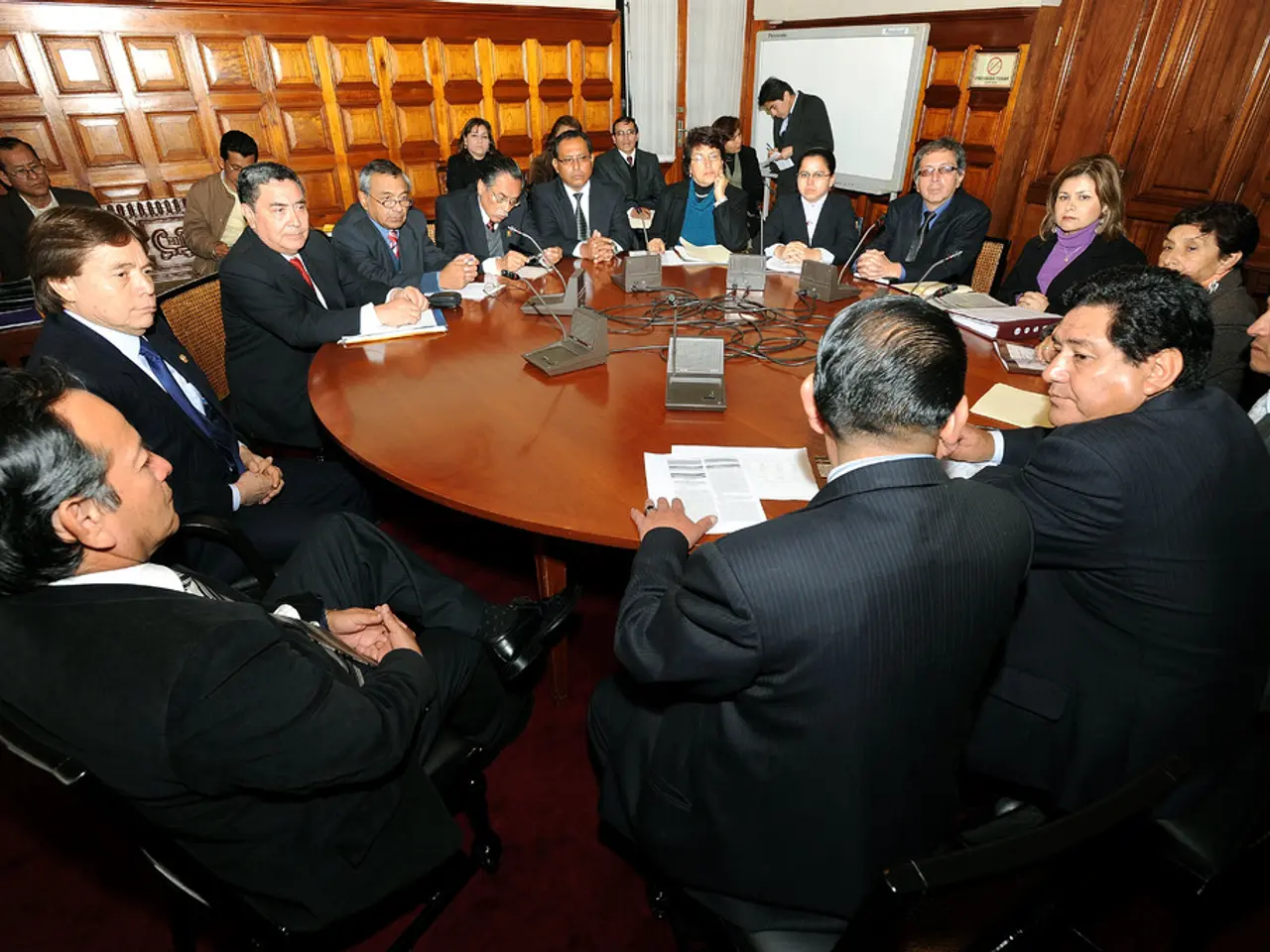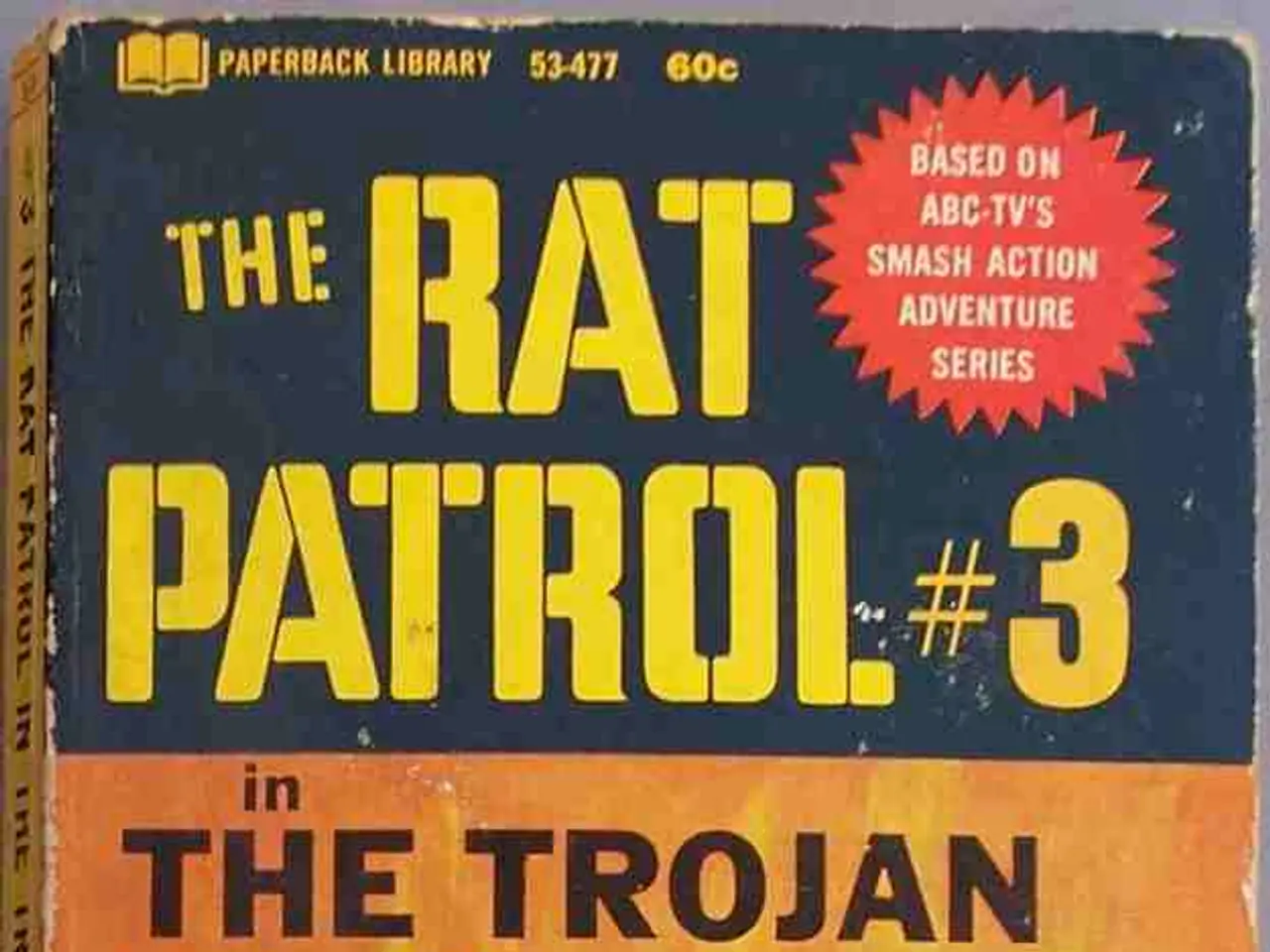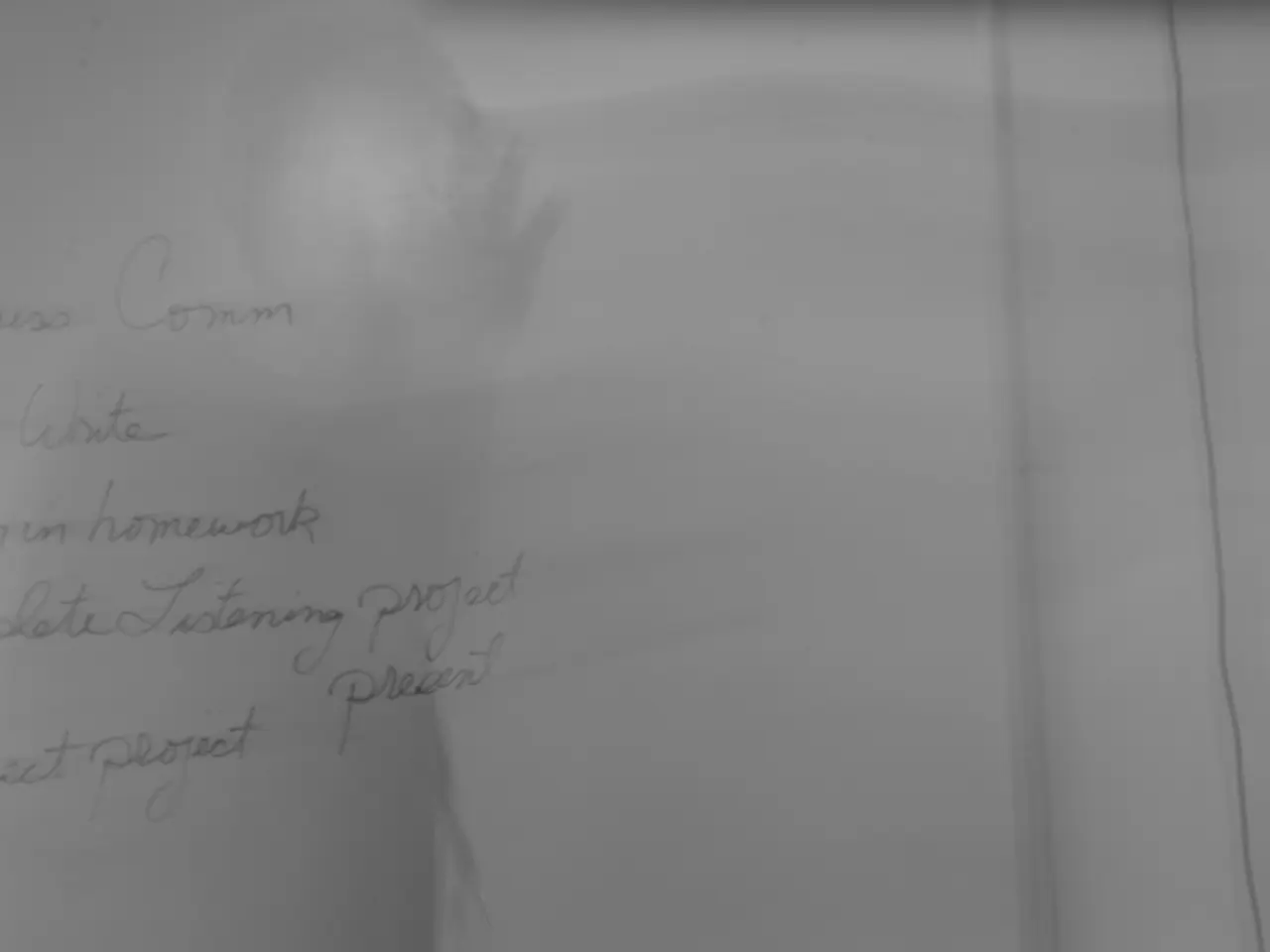Senate departs without a agreement to expedite confirmations, followed by an angry Trump telling Schumer to go to hell.
The U.S. Senate is heading for a month-long August recess without a deal to advance President Trump's nominees, as the minority party, Democrats, continue to block quick confirmations for the President's nominees, a practice that has been prevalent in recent history.
Senate Majority Leader John Thune (R-S.D.) has been urging Senate Republicans to grind through the President's nominations during the recess, and he has kept the Senate in session for additional days and longer hours this year to confirm as many of Trump's nominees as possible. However, the Democrats' obstruction has persisted, causing delays.
The ongoing impasse has led Republicans to consider invoking the "nuclear option" after the August recess, which would change Senate rules to reduce the confirmation threshold from 60 votes to a simple majority vote for President Trump’s stalled nominees. This change would expedite the confirmation process by limiting debate time and eliminating procedural hurdles that currently allow a minority to block nominations.
The current Republican push for the nuclear option reflects a continuation and intensification of efforts to overcome partisan gridlock on confirmations. Both parties have previously sought to expedite confirmations by reducing debate times and lowering the vote threshold, but significant obstruction—often from individual senators—has persisted.
The Associated Press reports that the ongoing standoff is a continuation of a trend that has escalated over the last two decades, with Democrats and Republicans increasingly obstructing each other's executive branch and judicial nominees. In 2013, Democrats changed Senate rules for lower court judicial nominees to remove the 60-vote threshold for confirmations, and in 2017, Republicans did the same for Supreme Court nominees.
Senate Democratic leader Chuck Schumer (D-N.Y.) has stated that the nominees currently being considered are "flawed, compromised, and unqualified." Democrats have blocked more nominees than usual this year, denying unanimous consent votes and forcing roll calls.
President Trump has been pressuring senators to move quickly on his nominations, and he recently attacked Senate Democratic leader Chuck Schumer (D-N.Y.) on social media, telling him to "GO TO HELL!" and instructing senators to leave Washington.
Despite the approaching deadline and the ongoing GOP funding uproar, Schumer has stated that he will support the GOP funding bill to avoid a government shutdown. Schumer has also expressed no intention of stepping down as Senate Democratic leader.
Senate Majority Leader John Thune (R-S.D.) said the nomination process is broken and expects discussions about changing it to continue after the August recess. The use of the nuclear option, if invoked, would mark a significant shift in the Senate's confirmation process, potentially reshaping the balance of power in the Senate and expediting the confirmation of President Trump's nominees.
- The Democratic party's continued blocking of President Trump's nominees in the Senate has led to a standstill, causing delays in the confirmation process.
- Senate Majority Leader John Thune (R-S.D.) has advocated for the confirmation of Trump's nominees during the August recess, suggesting the possibility of invoking the "nuclear option" to expedite the process.
- The nuclear option, if invoked, would change Senate rules to lower the confirmation threshold for President Trump’s stalled nominees, reducing debate time and eliminating procedural hurdles that currently allow a minority to block nominations.
- The ongoing standoff between Democrats and Republicans over executive branch and judicial nominees reflects a trend that has escalated over the last two decades, with both parties seeking to expedite confirmations and obstruct each other's nominees.







